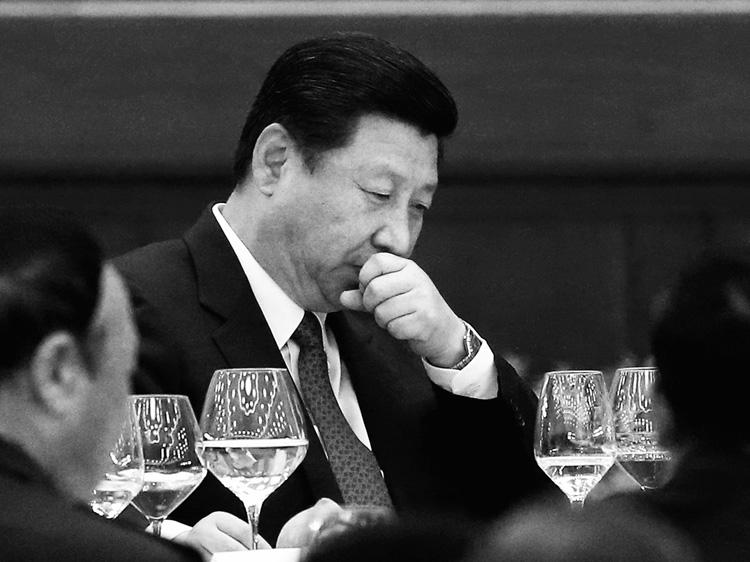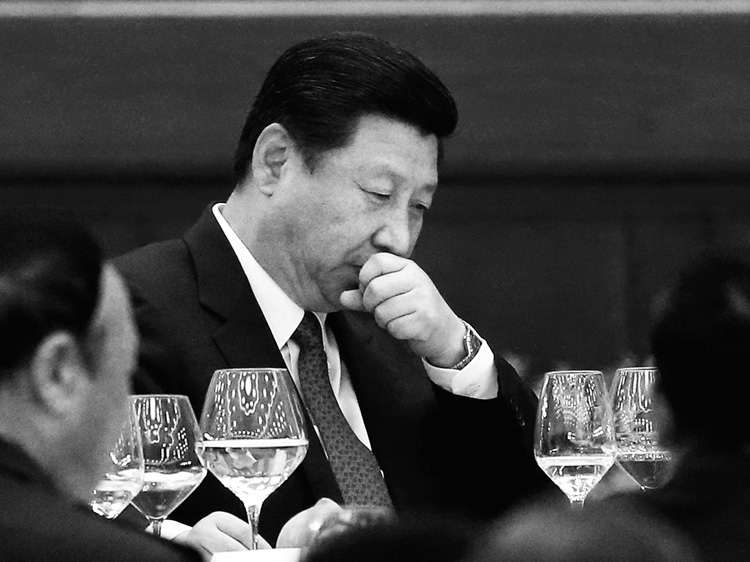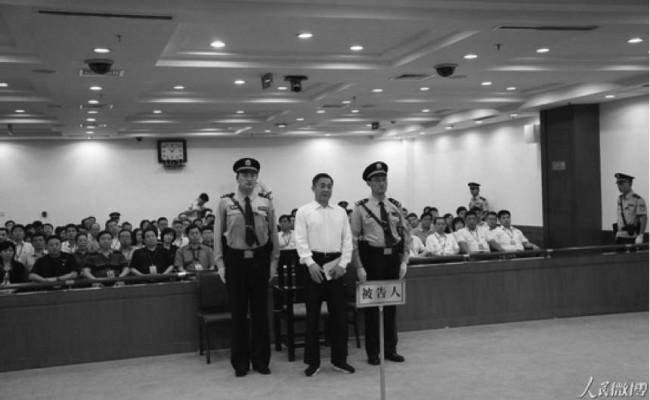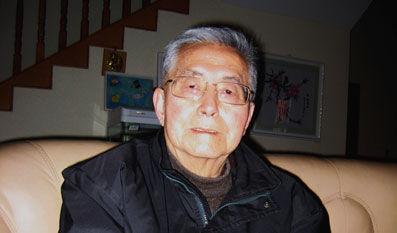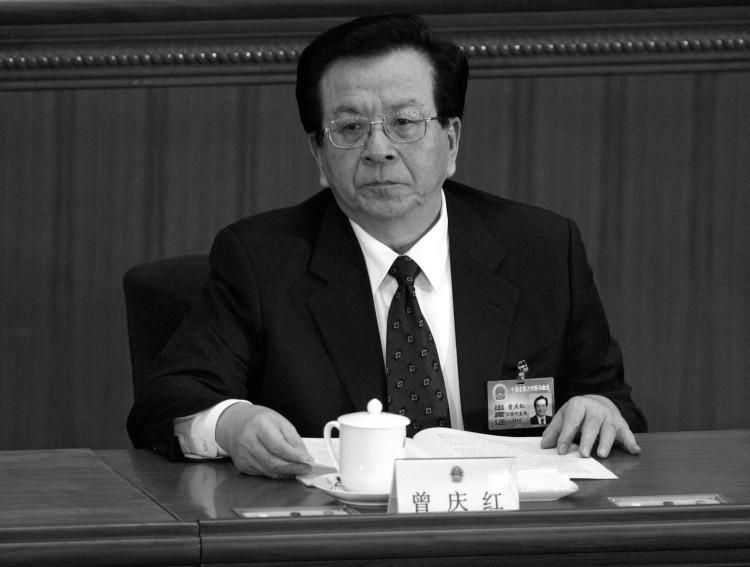Xi Jinping’s recent visit to Guangdong in China’s south had one chief reason behind it, and it wasn’t just to lay a wreath at Deng Xiaoping’s monument: it was an opportunity for Xi to visit military leaders in the region, and solidify his power in the armed forces.
State media reported that the primary purpose of the visit was to announce to the world that: “China will remain persistent with its reform and openness established by Deng Xiaoping.”
But after visiting Shenzhen, Zhuhai, and Shunde, which is the same route Deng took on his Southern Tour in 1992, Xi and his team went on to visit a Huizhou military team in Mount Luofu on Dec. 10, according to Phoenix, a Hong-Kong based Chinese broadcaster.
Guangdong Province is China’s southern economic hub, which relies on exports. But due to the global economic slowdown and social instability, Guangdong has been challenged.
Political commentator Lin Yifeng told The Epoch Times that Guangdong is a very unique place. Communist leaders have picked Guangdong as their first testing ground to experiment with reform. Any instability in Guangdong will result in their political and economic reform plans being wiped out. Xi’s visit to Guangdong was to ensure stability and to settle down the military.
At the present time, Xi Jinping and outgoing leader Hu Jintao’s faction have military power, while former leader Jiang Zemin’s has his men in the Politburo Standing Committee. This has created a balance of sorts in the sometimes fierce power struggles within the CCP.
The Bo Xilai incident earlier this year, that included murder and the rumor of a coup, demonstrated the excesses and vulnerabilities in the system. After Bo was removed from his positions, Hu went about garnering support from the military. While for the most part he succeeded, there are still people within the military who support Bo.
One of them is Zhang Haiyang. Zhang was regarded as a candidate for the director of the general political department for the Central Military Commission—in other words, he would head the political department for the organization that runs the armed forces. In the shadow of Zeng Qinghong, who is a princeling in the same faction as Bo, Zhang didn’t take Xi seriously as Party leader. According to insiders, separating the secondary teams amongst the military is part of Zeng’s strategy to ensure that they would not be entirely eliminated.
An insider told Hong Kong media Mingpao that Wang Yang, the reform-minded governor of Guangdong Province, is going to be transferred to Beijing. His most likely replacement is Hu Chunhua, considered Hu Jintao’s cabinet member and the 6th generation Party Leader.
Zhang Yang, another of Hu Jintao’s cabinet members, is also going to be transferred to the General Political Department from his current post in the Guangzhou military region. Lin Yifeng holds that the power transfer in Guangdong, the front line of reform, is critical at this moment, and Xi definitely needed to have a talk with the military’s main force in Guangzhou.
Read the original Chinese article.
The Epoch Times publishes in 35 countries and in 19 languages. Subscribe to our e-newsletter.
Click www.ept.ms/ccp-crisis to read about the most recent developments in the ongoing crisis within the Chinese communist regime. In this special topic, we provide readers with the necessary context to understand the situation. Get the RSS feed. Who are the Major Players?
